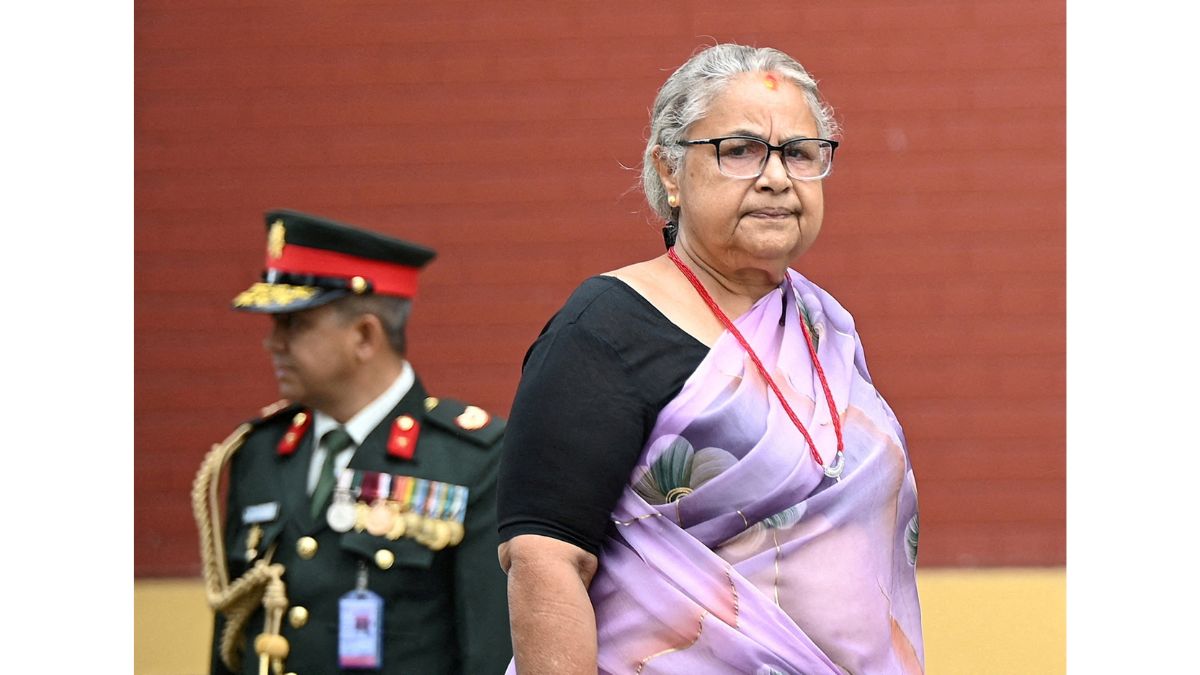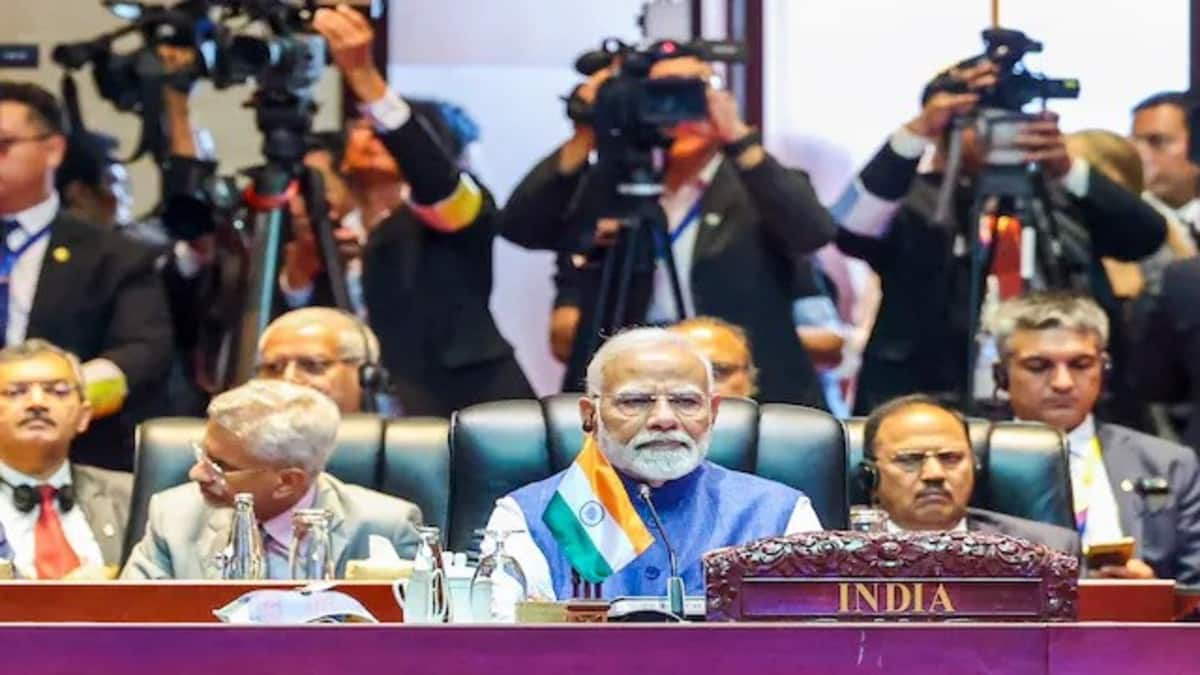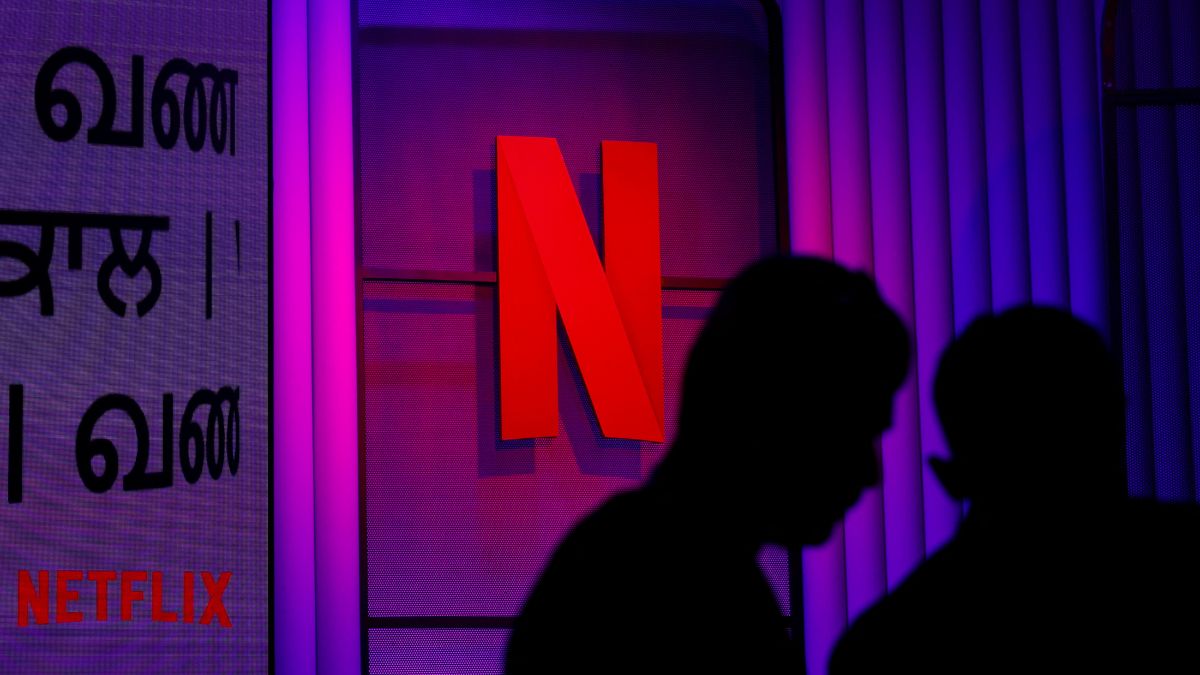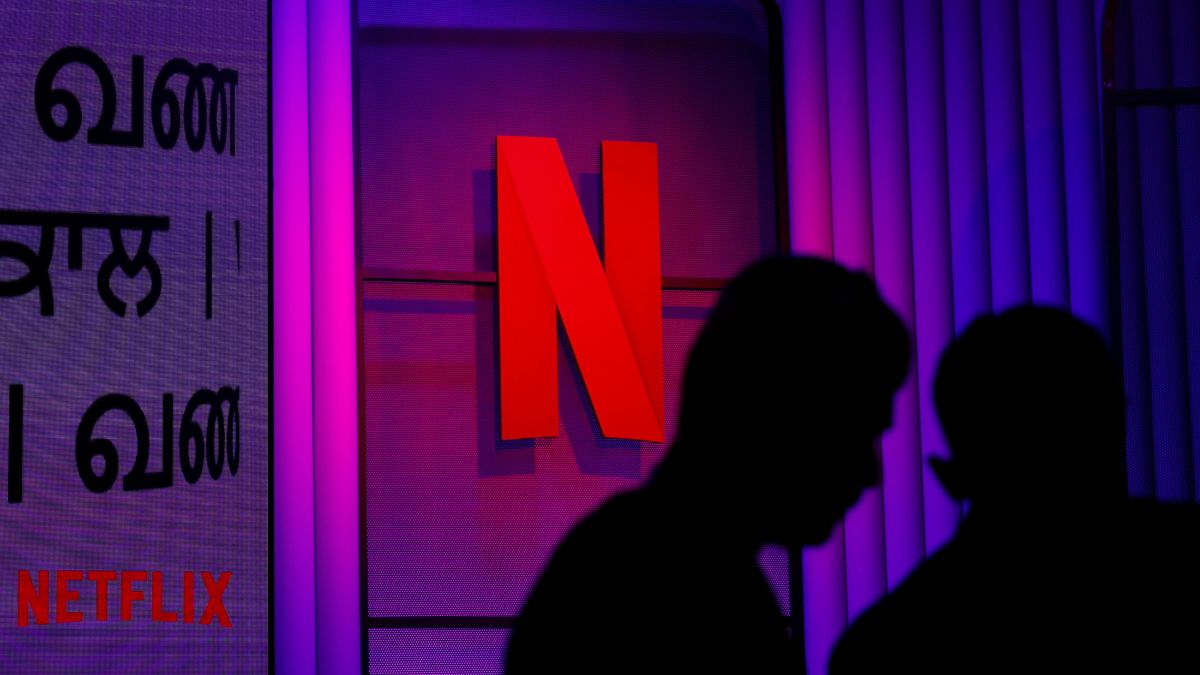Recent youth protests in Nepal led to the resignation of the KP Sharma Oli government and the dissolution of parliament. Sushila Karki, a former chief justice of Nepal’s Supreme Court, was installed as the Prime Minister of an interim government after several tense days of negotiation.
The interim government faces a challenging task of steering Nepal towards a stable democratic future. It has the task of moving from a phase of destruction to a phase of construction. The problem goes beyond simple political scheming. It involves rethinking governance to promote accountability, legitimacy, and stability.
Nepal’s interim government must cross a deep political and legal chasm by combining agreement with radical reforms. Without such a vision, the nation might revert to the dysfunction that caused the upheaval.
The constitution mandates parliamentary approval for amendments, yet without a legislature, even essential changes stall in a void. This impasse paralyses progress on critical issues. The interim government inherits a populace weary of elite pacts that prioritise the sharing of power over the people.
Corruption is embedded in every layer of society. Bad governance manifests in unequal development. The electoral system also falters as the indirect selection of the prime minister through parliamentary coalitions creates unstable governments—with more than a dozen governments since 2008, not one of which has completed a full five-year term. The dissolved Parliament leaves a vacuum. Symbolically, this tests Nepal’s democratic ethos; substantively, it risks extra-constitutional manoeuvres that could invite chaos.
The interim government must prioritise free, fair, and inclusive elections, safeguarding every Nepali’s electoral rights. This means bolstering the Election Commission with transparent mechanisms to rebuild faith in the process. Constitutional amendments are imperative, particularly shifting to a directly elected head of government. Such a change could curb coalition instability, empowering a leader with a popular mandate. A national convention or consultative assembly, drawing from civil society, former lawmakers, and experts, could forge consensus, lending legitimacy while awaiting elections as there is no parliament.
Impact Shorts
More ShortsAn aggressive anti-corruption drive is non-negotiable. Empowering independent bodies like the Commission for Investigation of Abuse of Authority would signal a break from the past. Pursuing accountability for human rights abuses via the existing investigative commission is vital. Thorough probes into excessive force during protests, with public reports and reparations, would affirm the rule of law.
Nepal needs a temporary solution to move forward. It could learn from countries like Tunisia, which brought people together after a major change. One idea is to form a temporary council with many different voices, including opponents and marginalised groups. This group could draft some temporary changes. Then, after a new government is elected, the people could vote to approve them. This way, the plan would be both legally sound and show that everyone agrees.
Critics argue that rushing reforms risks further instability. Some favour a return to status quo alliances, warning that extra-legal paths could embolden extremists or invite foreign meddling. Haste might fracture fragile unity. Still, inaction is the greater peril.
Nepal’s leaders must seize this moment, forging a path of principled reform. International partners should support without interference, offering technical aid for elections and anti-corruption efforts. For the people of Nepal, the call is clear: demand accountability, participate boldly. In reimagining governance, Nepal can transform crisis into renaissance.
The writer is a columnist. His articles have appeared in various publications like The Independent, The Globe and Mail, South China Morning Post, The Straits Times, etc. Views expressed in the above piece are personal and solely those of the author. They do not necessarily reflect Firstpost’s views.


)

)
)
)
)
)
)
)
)



